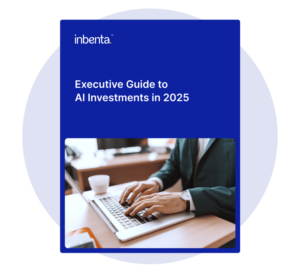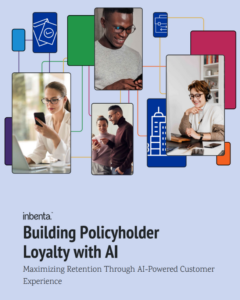Disney is making a monumental bet on generative AI. The company announced a $1 billion investment in OpenAI and a three-year licensing agreement. This deal gives users of the Sora video generator access to over 200 characters from Disney, Marvel, and Star Wars, including Mickey Mouse and Darth Vader. The partnership represents a major strategy shift for Disney, which has been legally challenging other AI firms like Google and Midjourney over intellectual property. The agreement does not include talent likenesses or voices. As part of the deal, Disney will also integrate OpenAI’s tools across its own operations.
Inbenta recognized in Gartner® Magic Quadrant™ for Conversational AI Platforms.
- Platform
- Solutions
 Inbenta’s Composite AI
Inbenta’s Composite AIInbenta’s AI, trained for over two decades on billions of interactions, enhances customer experience across industries.
- Use Cases
- industries
- Resources
- Articles
- AI This Week
- White Papers
- Newsroom
ArticlesAI This WeekWhite PapersWhite PapersWhite PapersWhite PapersNewsroom
- Company
- Partners
Unlock growth & innovation
CareersTransform the world with us
CompetitorsSee how we stack up






